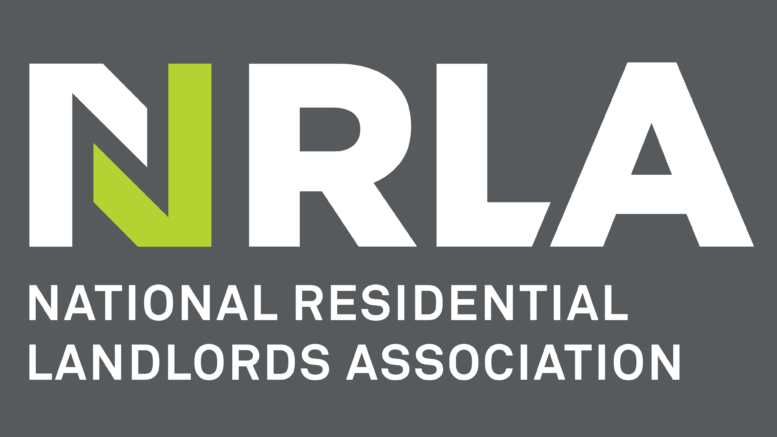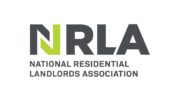Pro-growth tax measures for the private rented sector, including reversal of the decision to restrict landlord access to mortgage interest relief and an end to the stamp duty levy on the purchase of homes to rent out, have been called for by the National Residential Landlords Association.
Writing to Chancellor of the Exchequer Kwasi Kwarteng, the NRLA has set out a four-point cost of living plan for the private rented sector.
Rising prices are affecting both tenants and landlords, said the NRLA. But official figures show that while private sector rents have increased by an average 3.4 per cent over the year to August, landlord costs have shot up by much more – 14 per cent in the case of materials for the maintenance and repair of dwellings, for example.
And, ‘landlords typically have interest-only buy-to-let mortgages. ‘Given this, those with variable rate products and those needing to renew a mortgage will be hit especially hard by rising interest rates and a declining availability of products’.
The NRLA’s four-point plan includes reform of the benefits system to prevent rent arrears building in the first place, extending access to Discretionary Housing Payments to those not in receipt of benefits, scrapping the £400 Energy Bills Support Scheme payment, and instead ‘repurposing’ money and paying it direct to every household in one go, and developing pro-growth tax measures to address the supply crisis in the private rented sector.
Reforms to the benefits system should include unfreezing housing benefit rates, ending the five weeks wait for the first payment of Universal Credit, and giving Universal Credit claimants the ability to choose, at the start of a claim, to have the housing element paid direct to their landlord if they so wish.
The ‘supply crisis’ is identified as the biggest driver of rent increases.
Measures to address this should include reversing the decision to restrict mortgage interest relief in the private rented sector, and ending the stamp duty levy on the purchase of homes to rent out (research by Capital Economics has suggested this would see almost 900,000 new private rented homes made available across the UK over the next decade).
‘Both landlords and tenants are struggling with the cost-of-living crisis. We need a package that supports both to prevent rent arrears and sustain tenancies’, said NRLA chief executive Ben Beadle.
‘Our proposals provide a pragmatic way forward that would have an immediate and positive impact on the private rented sector. We call on the Chancellor to act as a matter of urgency’.
* Following temporary withdrawal of its range of fixed rate buy to let mortgages, NatWest’s The Mortgage Works has announced a new range of two and five-year fixed rate offers. The new buy to let rates include one-year fixed at 75 per cent LTV at 4.64 per cent with a 2 per cent fee, two-year fixed at 65 per cent LTV at 5.04 per cent with a 3 per cent fee, and five-year fixed at 65 per cent LTV at 5.14 per cent with a 3 per cent fee. ‘These new buy to let mortgages offer our most competitive rates to landlords who want to fix their repayments and manage their cashflow’, said TMW’s Daniel Clinton.








